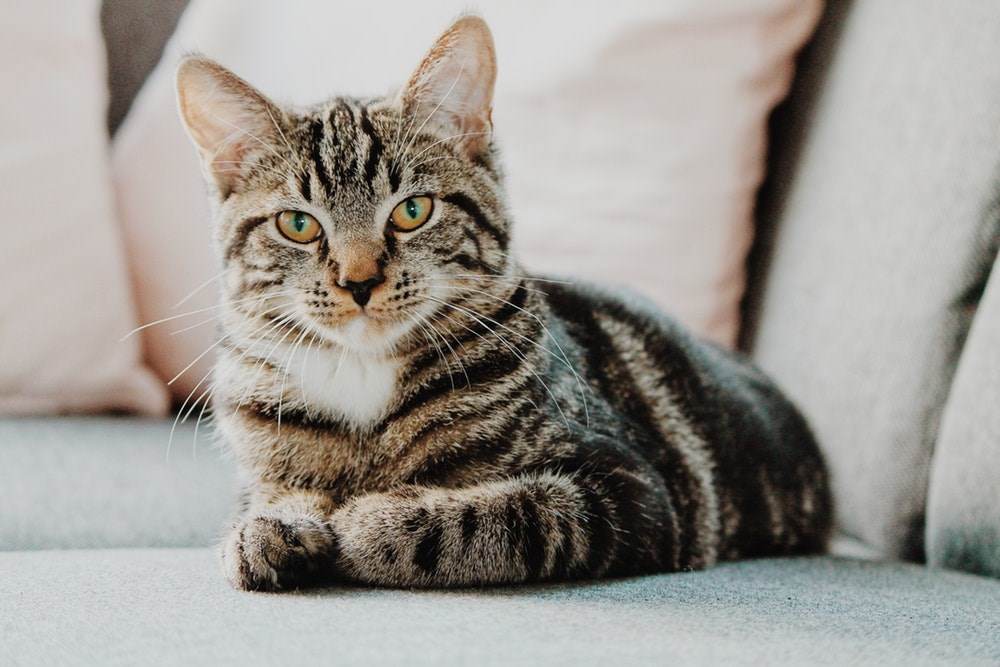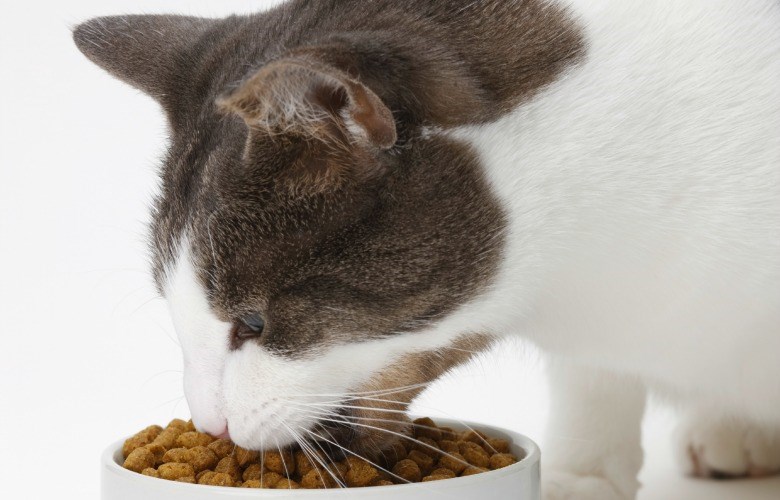Feline Immunodeficiency Virus (FIV)
What is FIV?
FIV or feline immunodeficiency virus is an immunosuppressive virus that can affect cats of all ages and breeds. FIV is very similar to human immunodeficiency virus or HIV which causes AIDS in people. FIV can spread between cats but not to humans.

How does FIV spread between cats?FIV is spread from cat to cat via the saliva and blood in bite wounds that occur during fighting. It is therefore a common virus in the feral cat population. FIV can spread to a domestic cat if it goes outdoors and gets into a fight with another cat. FIV can, in some circumstances, spread from a mother cat to kittens in the uterus and in milk. FIV can also spread between cats via sexual contact and blood transfusions.
FIV does not tend to spread between cats via grooming, cuddling, or sharing food or water bowls.
What are the symptoms of FIV?
FIV can affect many organs in the body, including the brain, gums, lungs, kidneys and bone marrow. It also causes an overall decrease in the immune system so the cat is more likely to be affected by other infections. For example, many cats (even those who are healthy and do not have FIV) may have flare ups of sneezing or runny eyes, however FIV positive cats tend to have longer episodes, more frequent flare ups, and may need a longer course of medication. Some FIV positive cats are prone to stomatitis (gum tissue inflammation) as well from the bacteria in their mouths.
How do I know if my cat has FIV?
FIV is diagnosed by a blood test done in hospital on your cat. If the blood test is positive, sometimes a second confirmation test is run as well.
At Kingsdale we recommend testing new kittens for FIV, especially when they are rescued from outside or a shelter. Adult cats that present with chronic lingering infections, oral lesions, or unusual symptoms (such as neurologic signs) may be tested for FIV as well.
What do I do if my cat is FIV positive?
FIV positive cats in many cases can still live happy, healthy and fulfilled lives! When you have an FIV positive cat there are some things you can do to help them remain happy and healthy:
(a) Keep your cat indoors - Keeping your cat indoors helps prevent the spread of FIV to other cats in the area. It also protects your cat against viral and bacterial infections that they may acquire while outdoors.
(b) Avoid raw food - Raw food contains bacteria such as E coli and Salmonella in it and may put your cat at risk of further infections. Feeding your cat a high quality food instead will help maintain their health and wellbeing.
(c) Ensure they receive regular physical exams - Since FIV positive cats are more prone to infections, they should receive a regular annual or semi-annual physical exam. We will examine your cat from nose to tail and inspect if they are showing any signs of disease or infection. Signs of disease or infection can include weight loss, inappetance, lethargy, coughing, sneezing, vomiting, diarrhea, or changes in drinking and urinating habits. Annual bloodwork and urinalysis are recommended as well to detect early signs of infection in these cats.
(d) Antiviral medication - There are various options for antiviral medication like in HIV positive people. We can discuss these options with you at your cat's next physical exam.

Finally, if you have an FIV positive cat and you have other cats in your home, discuss with us about the best way to help ensure the health of all of your cats. Cats that live with an FIV positive cat should be tested as well to know their status. Depending on the household and the interaction between the cats, an FIV positive cat can successfully live with an FIV negative cat. However if you are considering introducing a new cat into your home, consider welcoming another FIV positive cat into your home. Call us to discuss if you have any questions or concerns about FIV in cats!